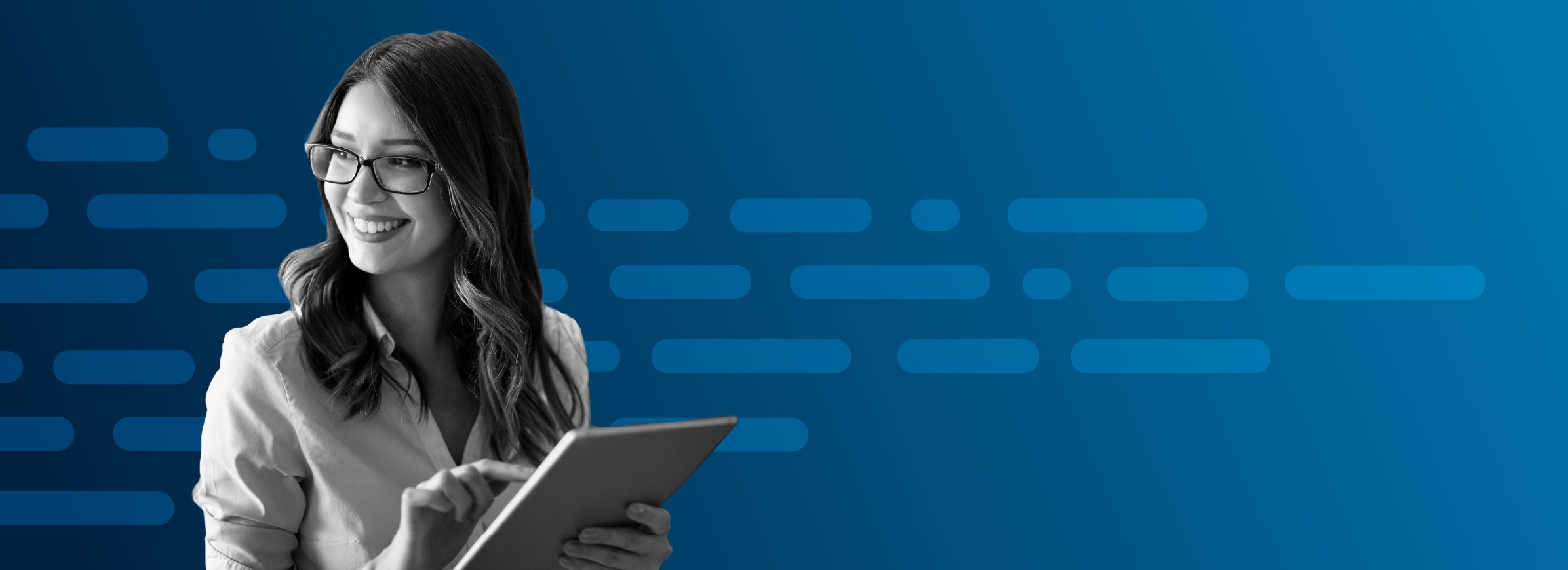The contribution of citizens is fundamental to deal with the Coronavirus emergency. Each of us can do its part, observing the rules and directives imposed by the Government, helping those who need it, but also by taking a proactive and participatory attitude: a form of active citizenship that, not being able to materialize through meetings and demonstrations, is finding new forms of expression and realization. And so it is that in these days citizen-made dashboards and infographics are making their way in a more and more incisive way, giving birth to what are defined as Data Activism initiatives. A new form of collective intelligence, which uses technological tools and information to create value and respond to a complex situation like the one we are experiencing.
Activism based on data
Data Activism was not born in the last few weeks. It originates from already existing cyber activism cultures, such as hacker and open source ones. The goal is to use technology and information proactively for political purposes, to offer support to the population, to inform on the media or to encourage social change. At the origins of the movement, the belief that data is filtered by the media and politics. Thanks to the technological evolution and the greater ability to collect, store, analyse and show data, the movement has grown and become stronger over time. One of the first concrete examples of Data Activism can be attributed to the Ushahidi platform: the non-profit company, which develops free open source software (LGPL) for the collection, display and interactive geolocation of information, in 2008 showed information regarding the post-election violence in Kenya, not reported by official and institutional sources.
Data and Covid-19: a call to action
“Despite the amount of data collected daily, we have not been able to leverage them to accelerate our understanding and action to counter COVID-19. […] The current pandemic has not only shown vulnerabilities in our public health systems but has also made visible our failure to re-use data between the public and private sectors — what we call data collaboratives — to inform decision makers how to fight dynamic threats like the novel Coronavirus".
It is one of the initial passages of a document, signed by the organization TheGovLab, in which citizens are invited to take action to build infrastructure and a data ecosystem necessary to combat the pandemic and other threats that we could face in the future. The text starts from an awareness: we have a lot of data available, collected in parallel by different actors, who do not speak and do not share information. Among the recommendations expressed in the document for achieving the objective, also based on the work carried out in this sense by a group of experts from the European Commission, there is also the need to involve people in the co-creation of data analysis. To make this possible, governments and companies are invited to promote easy-to-use crowdsourcing and donation of data tools, ensuring citizens on the other hand a responsible and safe use of the information they provide.
TheGovLab has also created a shared document, to which everyone can contribute by inserting projects and information for a data-driven approach to fighting the pandemic.
Research data
An open and shared data set to join forces and speed up the fight against the pandemic. It is the initiative of the Allen Institute for AI that has collaborated with important research groups to create the Covid-19 Open Research Dataset (CORD-19): a free resource of over 45,000 academic articles, of which over 33,000 in full format, on COVID-19 and more generally on Coronaviruses, made available to the scientific community globally. The archive is constantly updated, in order to make available to everyone data and information that could prove essential in the fight against the virus.
NextStrain collects all data from labs around the world that are sequencing the SARS-CoV-2 genome and centralizes it in one place so that people can see it in a genomic tree.
Activists on Reddit went further and created an open archive of 5,312 research articles that mention coronaviruses, appealing to the "moral imperative" to make research accessible to everyone.
The Chinese giant Alibaba is also moving in this direction: the Jack Ma Foundation and the Alibaba Foundation have jointly established the program Global MediXchange for Combating COVID-19 (GMCC). Thanks to the support of Alibaba Cloud Intelligence and Alibaba Health, the project aims to facilitate communication, sharing and online collaboration between teams of researchers and doctors from all over the world.
Analysis and dashboard: making data accessible to everyone
Created by a coding academy based on official government data, Covid-19 SG allows Singapore residents to see every known case of infection, the way the person lives and works, the hospital where he or she was hospitalized, the average recovery time and network connections between infections. Despite concerns about potential privacy violations, the Singapore government has decided to take this approach, convinced that it is the best way to help people make decisions and manage anxiety about what's going on. Because data must not only be collected, but also presented and shown through tools and dashboards that are clear and accessible. For enthusiasts, MIT Technology Review has created an overview of the numerous coronavirus-related dashboards that are tracking the pandemic. Some are governmental, like those of Singapore, others are the result of the work of the media, others are made by groups of citizens: communities, often led by data analysis experts, who collect scattered information that create easy-to-interpret, popularizing tools that often put in light correlations and evidences that the single studies fail to show. Finally, many private individuals on Medium and other media also carry out daily analyses, providing new elements and visions on the evolution of the pandemic.
The topic of Data Visualization is very important also for SDG Group. As data becomes increasingly complex, in fact, users need new features to be able to easily access information and prepare it for complex analyses, even in business contexts. Visual Data Discovery is the process that uses effective, explanatory and intuitive visualization methods to quickly obtain strategic insights, thus favouring the decision-making process. This approach is proving to be particularly valuable in the analysis and study of Covid-19, but which is valid in many contexts, starting from the corporate one in different business sectors.
Innovation, in this process, has a fundamental role, and can be stimulated by external inputs, giving shape to collective intelligence. To further stimulate these Data Activism trends, in SDG Group we are studying ways of collaboration and call to action to collect and develop ideas useful for continuing to innovate, also on the Data Visualization front.
Not just collecting, but also sharing of information
In this moment of emergency, Data Activism can take on a new and important aspect: not only collect and analyze data, but also share personal information. In early February, Wired reported that Harvard researchers were using data generated directly by citizens to monitor the progress of the disease. To do this, they extracted information contained in the posts published on people's social networks and used natural language processing to search for mentions of respiratory problems and fever in places where doctors had reported potential cases. In an article in January, on the other hand, the journal Epidemiology highlighted how monitoring tweets in a specific region could be a good tool for analysing the spread of a disease.
There are also many applications that allow citizens to track and record their health status, signalling the evolution of Covid-19. As told in the article dedicated to "Data-driven decision" last week, for example, Facebook plans to use data on user movements to track and predict the evolution of the pandemic.

Unevenness of data and privacy: issues to be addressed and resolved
Therefore, more or less consciously, the data collected, shared and analysed directly by citizens are helping to acquire more and more information about the virus and its spread.
However, a problem remains to be faced and overcome: the dispersion of the different studies and the lack of homogeneity of the available data, often partial or collected following different logics between the different actors and countries. This is a topic that must also be considered by the European Commission, which in its digital strategy document calls for the creation of infrastructures that allow the free flow of data in respect of privacy.
Just with regards to privacy, it seems that the emergency has pushed many citizens to accept a compromise to face the emergency. This could represent a divide in the debate on the issue as told by the Israeli philosopher and author Yuval Noah Harari in an article published by Financial Times: “A big battle has been raging in recent years over our privacy. The coronavirus crisis could be the battle’s tipping point. For when people are given a choice between privacy and health, they will usually choose health". However, as Harari pointed out in the article, the choice is not mandatory: forced monitoring is not the only possible way. The alternative is to face the emergency thanks to a new form of active citizenship, based on respect for the rules, of course, but also on the collection, sharing and analysis of data.
.png?width=2000&name=SDG%20-%20Logo%20White%20(1).png)










